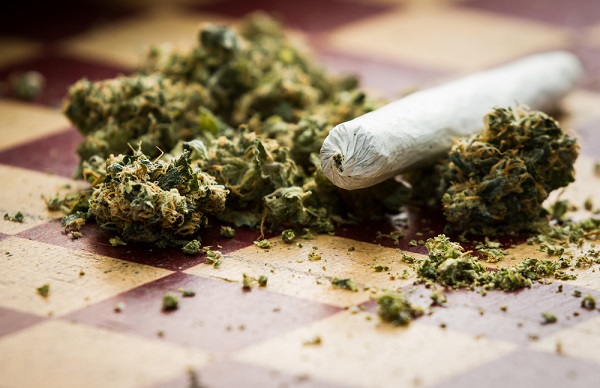NJ law breaks down the penalties, definitions and categories of CDS, or controlled dangerous substances in legal statutes for their manufacture, distribution, and possession. The following information deals with the possession of such CDCs, often known as drugs, and the consequences that can come from them. In New Jersey, it’s not only the drugs themselves that are classified, but also the materials that go into their manufacture.
Fines and Penalties for CDS Possession
There are a number of consequences for those who are charged and found guilty of the possession of CDS, many of which vary by the schedules of each drug, which will be explained later on. Here is a look at some of the penalties that can be applied per charge.
- Schedules 1-4 of CDS are considered a drug charge in the third degree, which carries with it between three to five years in prison, and a fine of up to $35,000. This is for a first offense.
- Schedule 5 CDS are less dangerous, and as such their possession only carry up to a $15,000 charge, and up to a year and a half in prison for a first offense.
- Being under the influence of any CDS not prescribed will result in up to $500 in fines.
- For second and subsequent convictions, fine and prison sentence penalty maximums are doubled what they would have been for a first offense.
- When a possession is found within 1,000 feet of a school building or school bus, there are additionally harsh penalties. Schools are marked as a ‘drug free zone’, and will result in steep charges and jail times. Even if a defendant is not sentenced to time in prison, they will be faced with at least 100 hours of community service for possession near a school building or bus.
Schedule Breakdown
The classification of drug schedules goes from 1 to 5, with a decrease in penalties, levels of addiction and abuse as the schedules go on. The initial schedules have no officially sanctioned medical purposes and are more dangerous than the latter listings. Some medicinally prescribed drugs in the lower categories have the ability to appear in more than one category, as they can be both abused and beneficial when treated properly. Below is a list of some of the drugs which fall under each category.
- Schedule 1 CDS: LSD, heroin, ecstasy, mushrooms, bath salts, and cannabis.
- Schedule 2 CDS: Cocaine, methamphetamines, opium, PCP, and Vicodin.
- Schedule 3 CDS: Morphine, Amphetamines, and Valium.
- Schedule 4 CDS: Xanax, Ambien, and date rape drugs.
- Schedule 5 CDS: These are drugs which can be used for acceptable medical treatment, in smaller doses. When abused or found in larger doses, they will be classified under higher levels.
Know Your Options
If you are being charged with a CDS offense, contact the office of Robert E. DePersia for professional and experienced help with your case. Call for your free consultation at (856) 795-9688 today to see your options are with a CDS possession charge.




